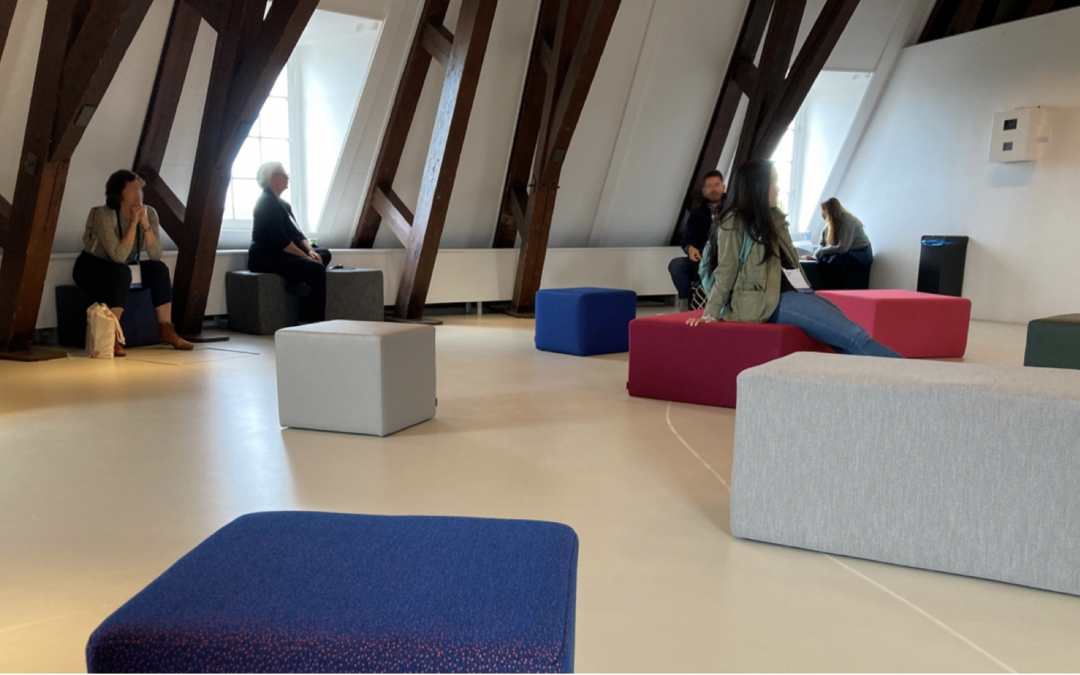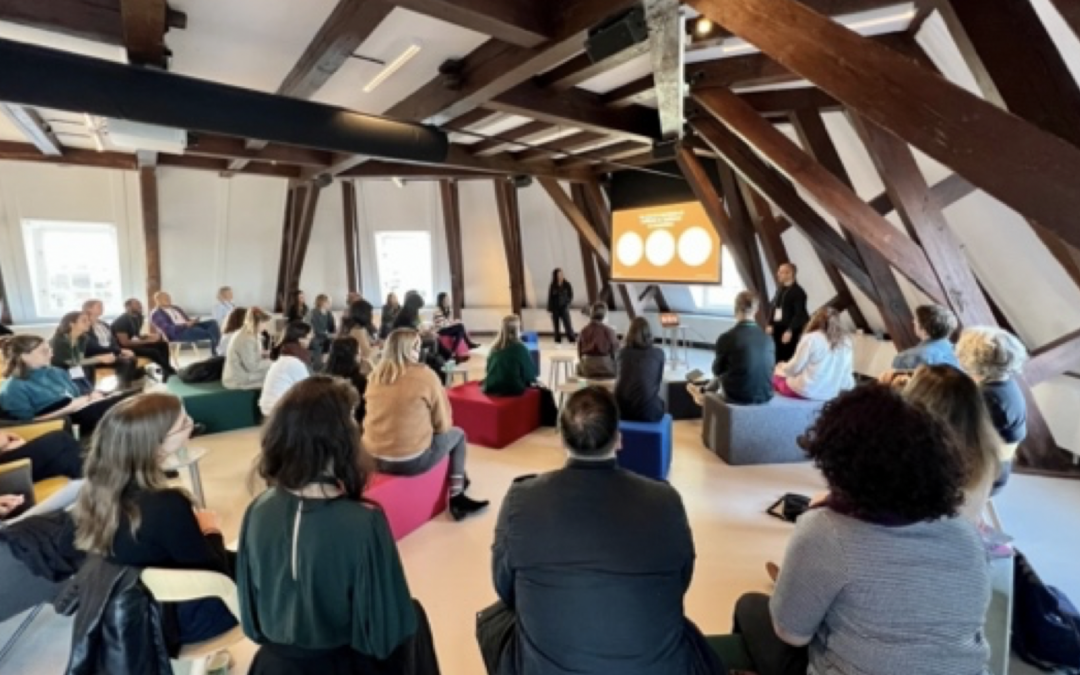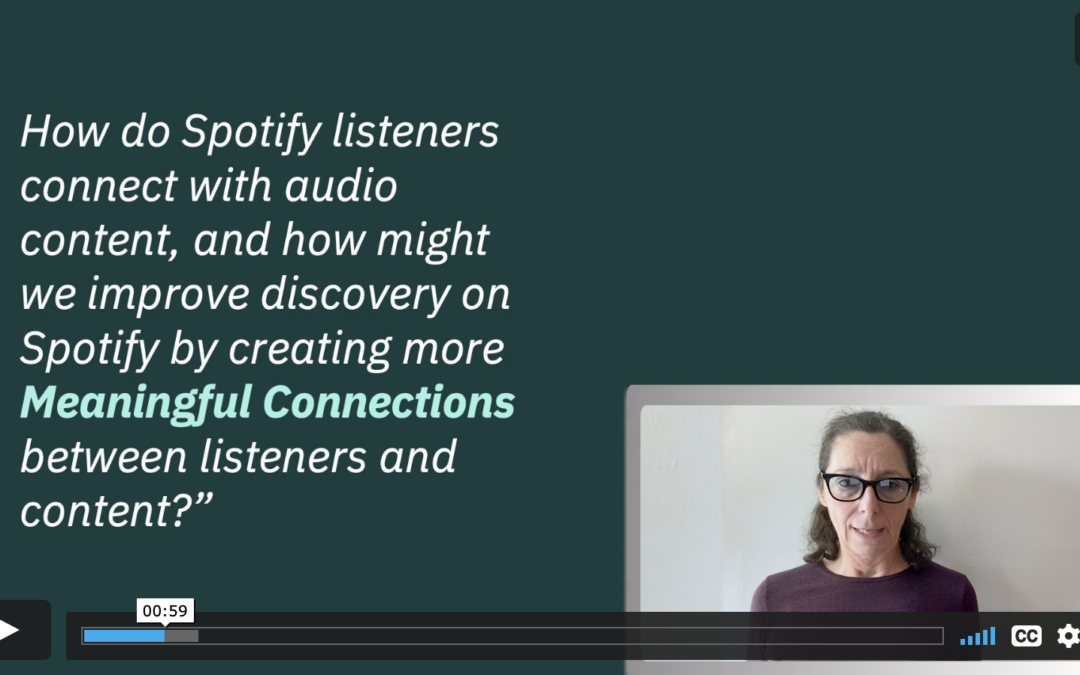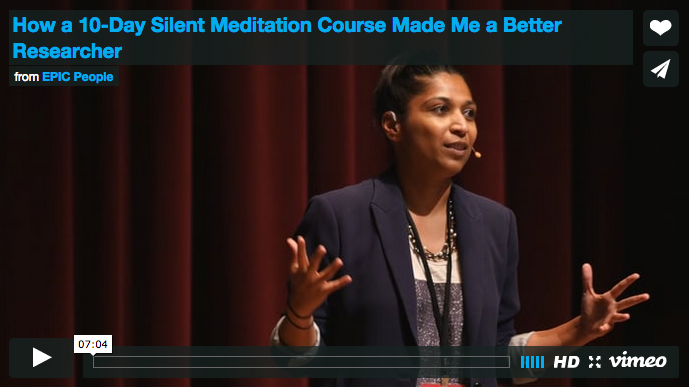This paper assesses listening from an ethnographic perspective and demonstrates its value and applications across...


This paper assesses listening from an ethnographic perspective and demonstrates its value and applications across...

Divergent listening describes a listening practice which seeks to raise consciousness or expand on our understanding of reality through the perception of sound. The multichannel sound installation, ‘Silence’, offers a space of quiet reflection, a place to ask questions, share, or rest. It is a...

What forms of our pandemic adaptation have also become barriers to connection? In this wildcard session, around 40 EPIC attendees collectively examined the aspects of resilience that support—and sometimes hold us back from—the intimacy and safety we seek to create as ethnographers. Researchers...

This contribution is a case study of Spotify, a popular music streaming app, which uses automated recommendations to provide a better user experience to its listeners. Automated recommender systems have mostly been built around understanding user needs and user goals. Our case study presents a...

PechaKucha—This talk is an illustration of my journey from being a dejected, sole researcher in a chaotic 300 person startup to a place where I learned not only how to be a better interviewer, but also a more effective and influential employee. Shipra Kayan has over a decade of experience as a...